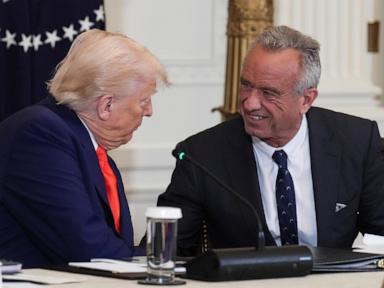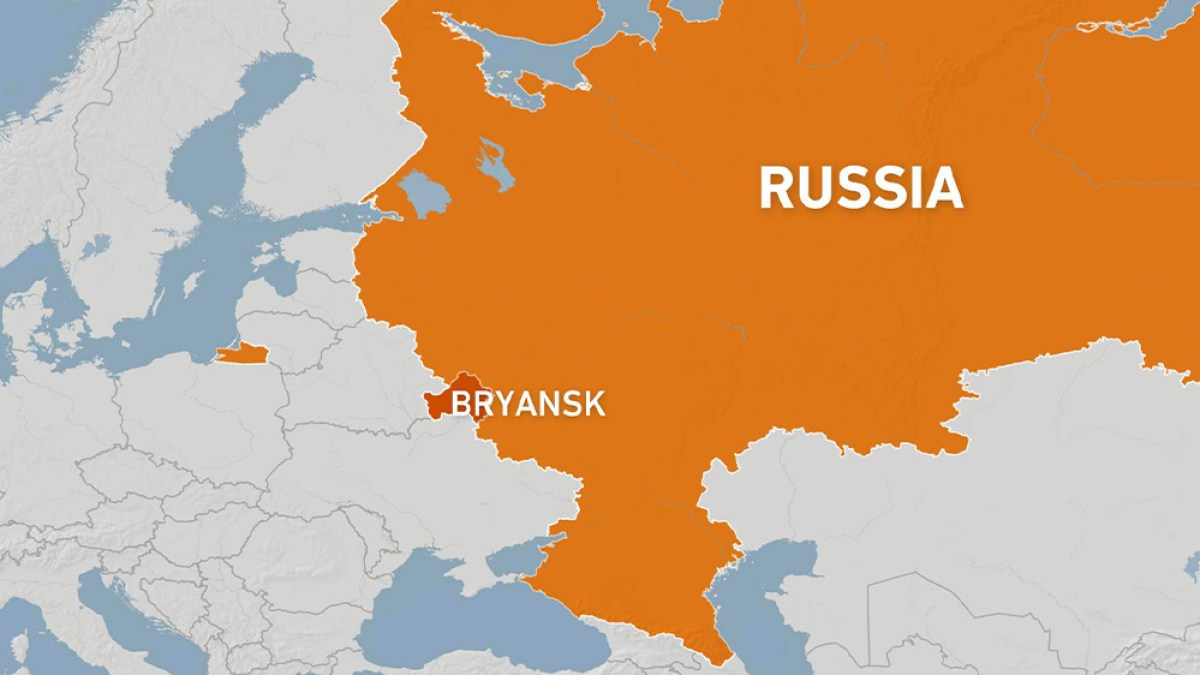Now Reading: FDA approves Moderna’s new lower-dose COVID-19 vaccine
-
01
FDA approves Moderna’s new lower-dose COVID-19 vaccine
FDA approves Moderna’s new lower-dose COVID-19 vaccine

The Food and Drug Administration has given its approval for a new COVID-19 vaccine developed by Moderna, but with specific restrictions on its usage.
On Friday, the U.S. officially sanctioned a new COVID-19 vaccine manufactured by Moderna. However, this vaccine, named mNexspike, comes with certain limitations on who can receive it. It is not intended to replace the company’s existing vaccine, Spikevax, but serves as an additional option.
mNexspike represents a progression towards the next generation of coronavirus vaccines. It is formulated to allow for a reduced dosage, just one-fifth of the amount required for the current COVID-19 vaccine, Spikevax, achieved by refining its target for the immune system.
In a statement released on Saturday, Moderna’s CEO, Stephane Bancel, expressed that the approval of the new vaccine “provides a valuable new tool in safeguarding individuals at high risk of severe illness from COVID-19.”
The FDA has authorized the new vaccine for use by all adults aged 65 and above, as well as individuals between the ages of 12 and 64 who have at least one underlying health condition that increases their susceptibility to the virus. This aligns with the same criteria set for the approval of another COVID-19 vaccine option from competitor Novavax.
These restrictions mark a departure from the previous approach to COVID-19 vaccines in the U.S., reflecting reservations about vaccines from Health Secretary Robert F. Kennedy Jr. and other officials from the Trump administration.
Unlike Moderna’s existing vaccine, the new vaccine faces these limitations and is anticipated to be available alongside the original option in the fall.
The approval from the FDA was based on a study involving 11,400 participants aged 12 and older, comparing the efficacy of the new low-dose vaccine with Moderna’s current vaccine. The company reported that the new vaccine was proven to be safe and demonstrated comparable, if not superior, effectiveness in certain aspects compared to the original shot.
This development comes shortly after the Trump administration terminated funding for Moderna’s research on a vaccine for potential pandemic influenza viruses, such as the H5N1 avian flu, despite promising preliminary findings.






